This artificial gut will allow scientists to gain deeper insights into the biome that exists there and how dysregulation can lead to disease.
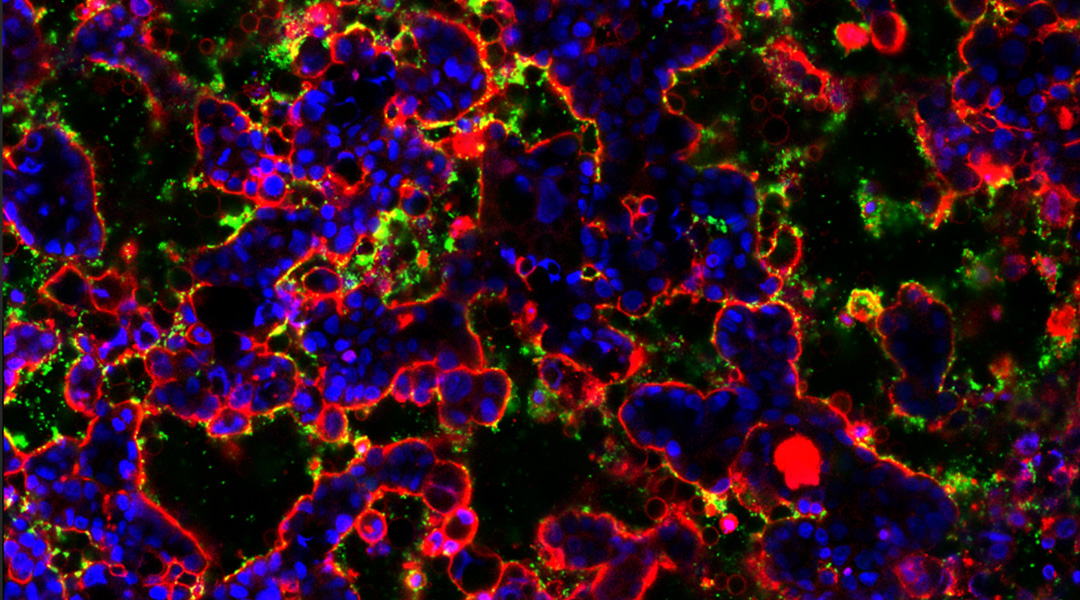


This artificial gut will allow scientists to gain deeper insights into the biome that exists there and how dysregulation can lead to disease.
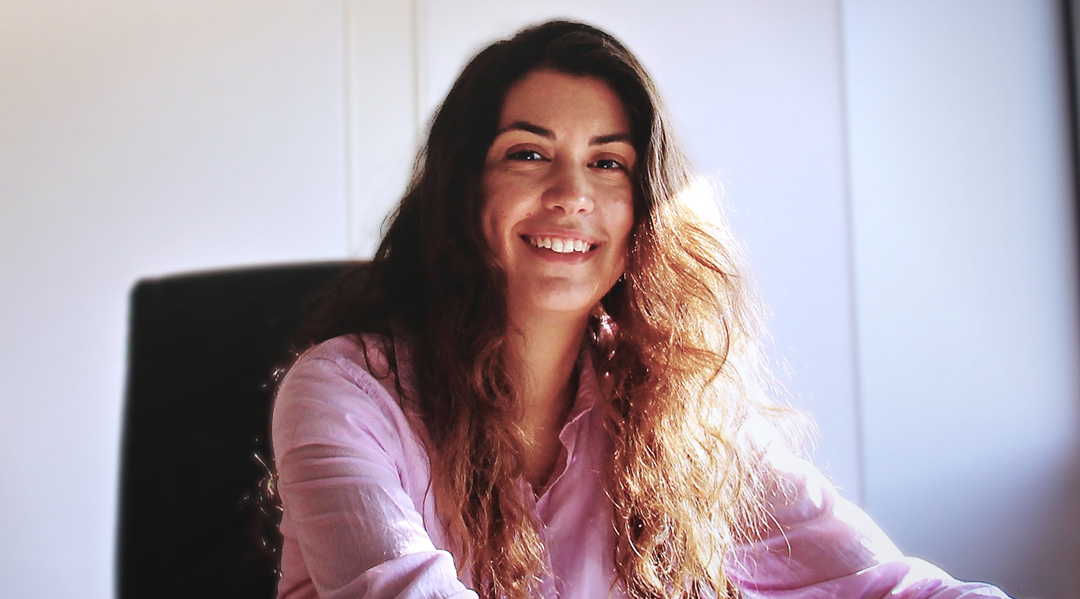
Polymer chemist Athina Anastasaki talks about establishing her career, inroads into polymer recycling, and resilience in academia.
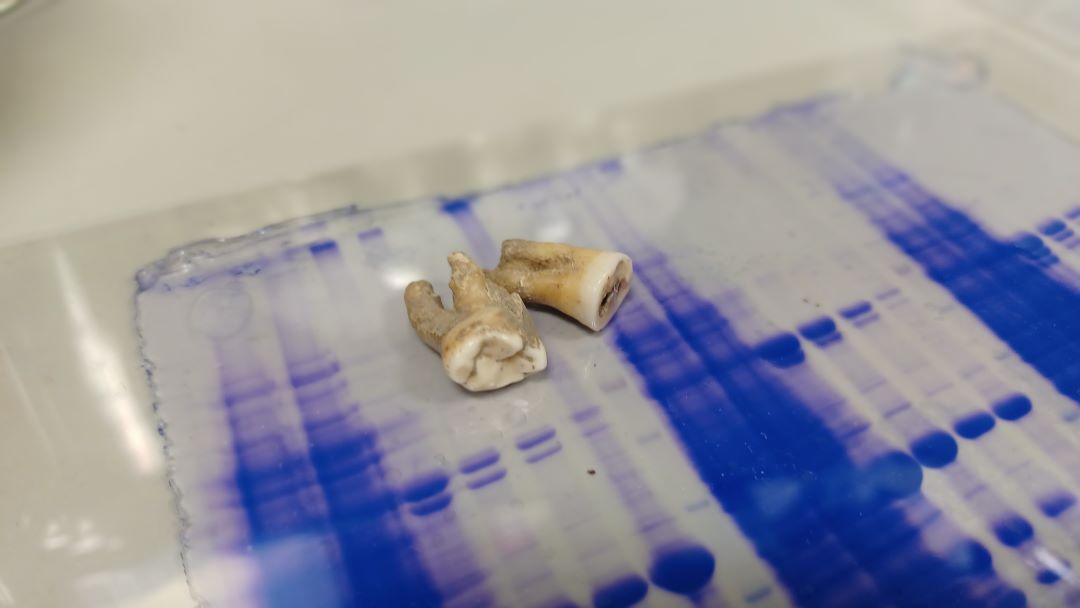
Research teams from the UK have isolated antibodies preserved for 800 years in ancient teeth and found they are still able to bind viruses that infect humans today.

Discover how living materials are revolutionizing sustainable engineering, offering self-healing and responsive solutions for a greener future.
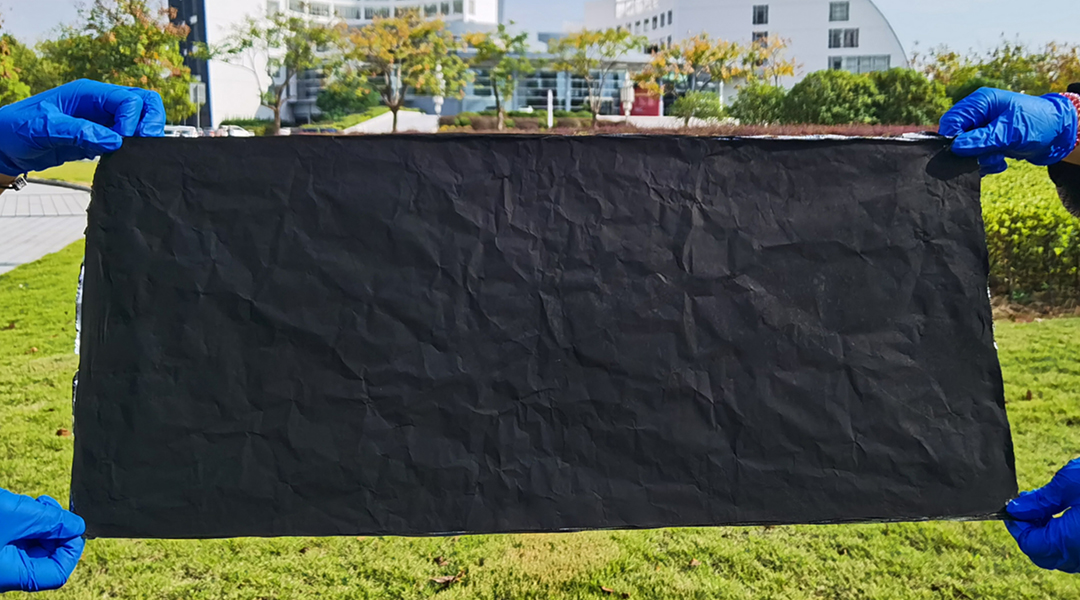
Researchers create a multi-layered electronic skin that mimics human skin with applications ranging from robotics to telehealth.
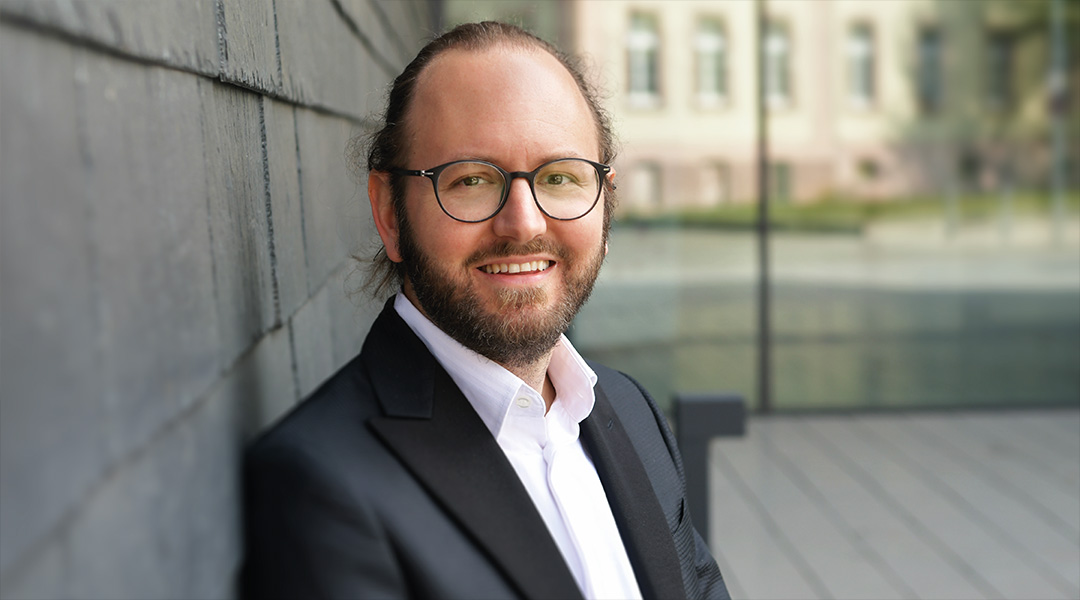
Microsystems engineer Can Dincer builds disposable devices to enable personalized medicine.
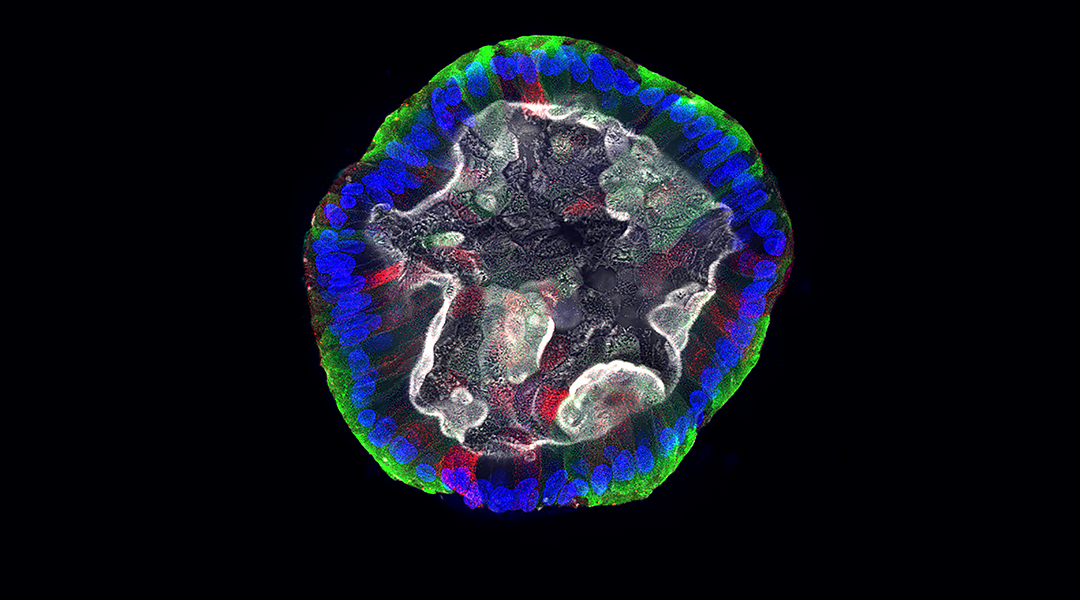
Addressing the lack of diversity in drug testing, scientists are using organoids from voluntary donors to enhance equity and inclusion.
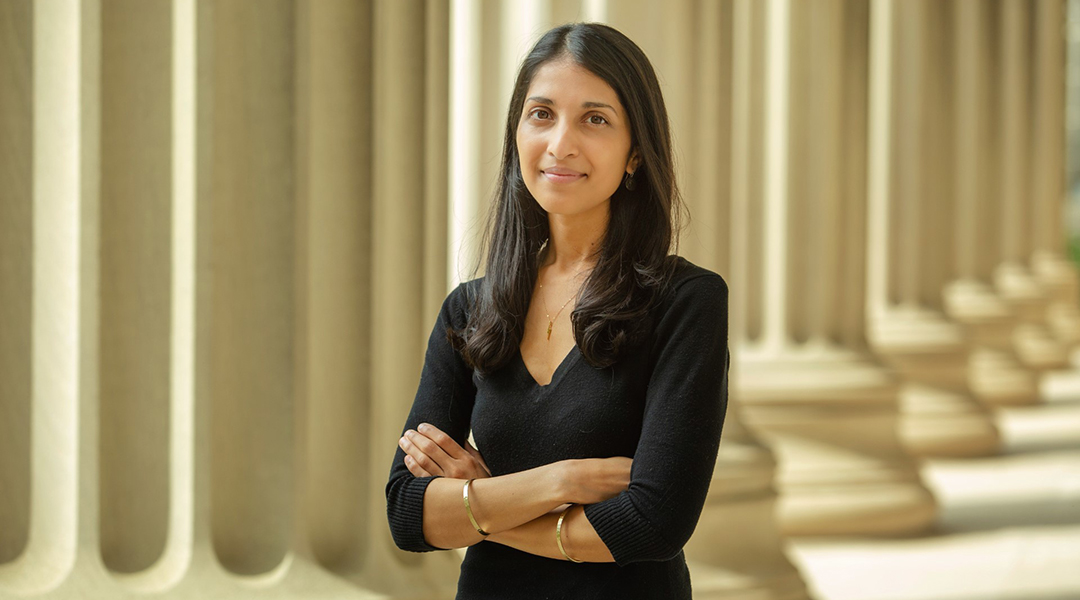
Engineer, author, and educator Ritu Raman blends many talents and is fast becoming a leading figure in the biofabrication community.
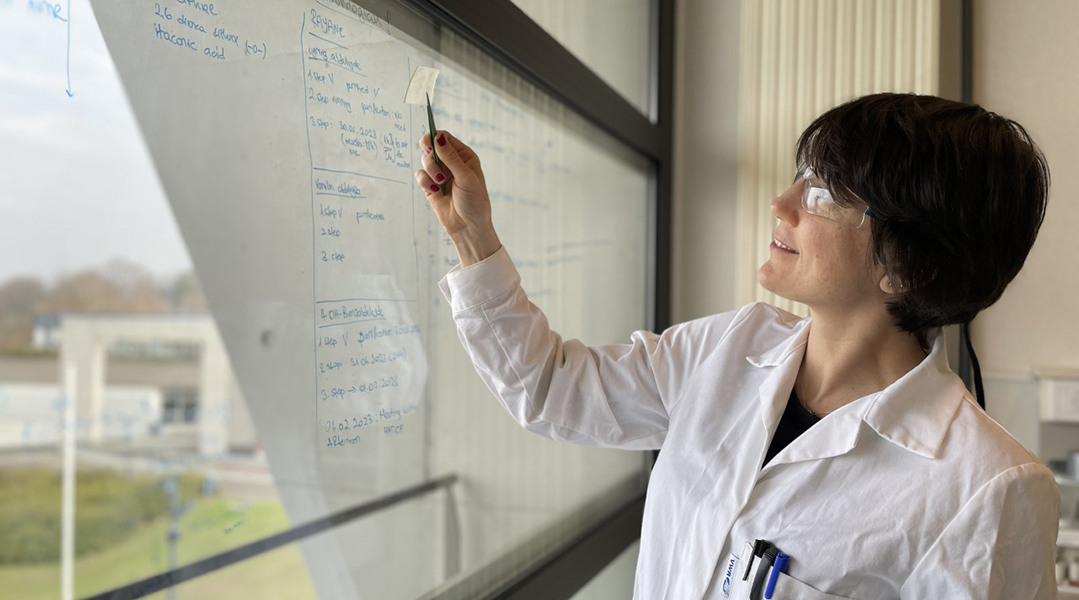
Chemist Hatice Mutlu applies zero-waste methods to create biodegradable polymers that can be used perpetually.
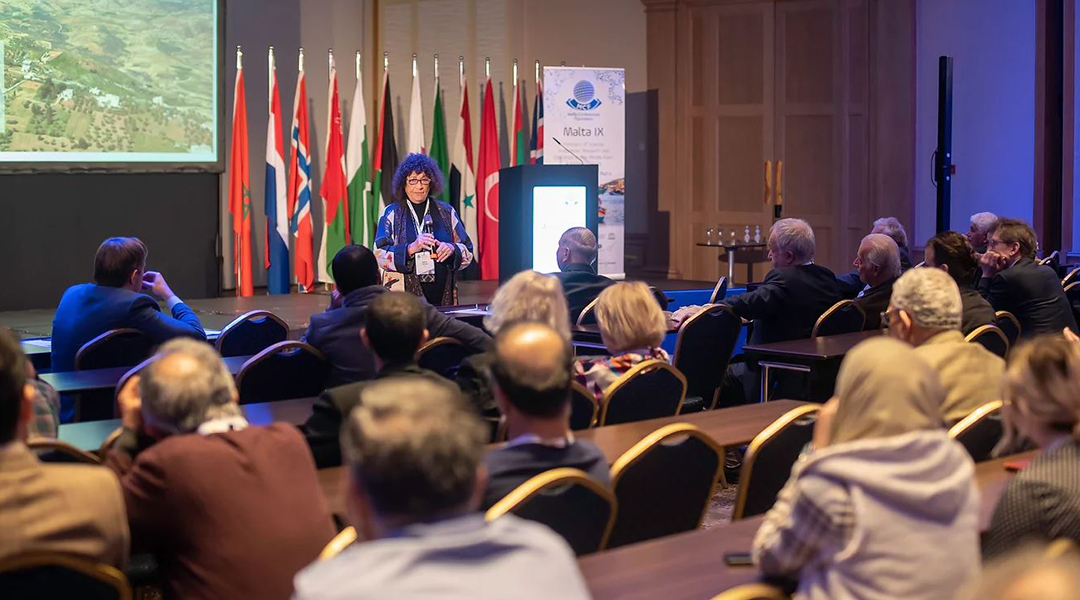
The Malta Conferences offer a unique setting to break down barriers, overcome instilled cultural differences, and support scientists restricted in their freedom.